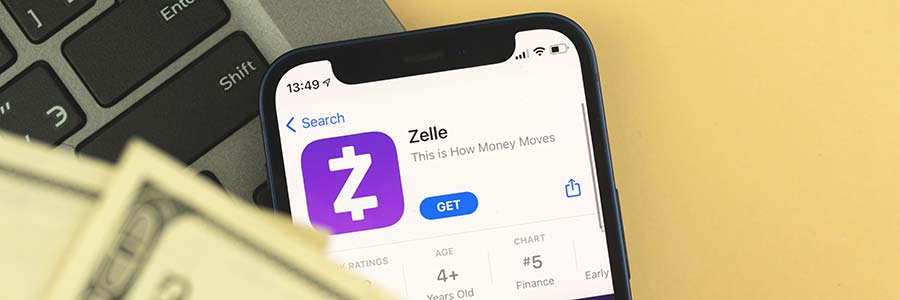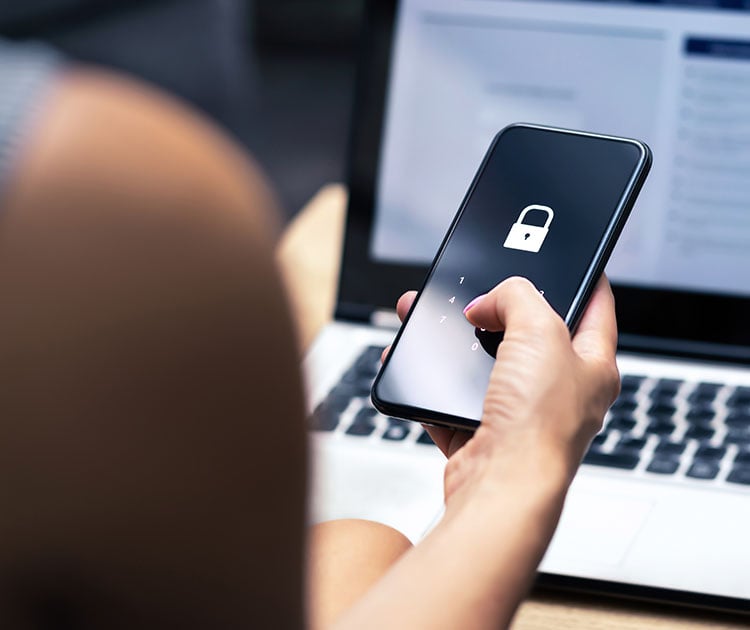Scams Impersonating Us
Be cautious of impersonation attempts by individuals posing as SchoolsFirst FCU employees. These impostors may contact you via phone, text or email, asserting there's an issue with your account or a pressing need to change your password. They might even request sensitive details like your account or Social Security number.
We will never call, text or email you to ask for confidential, personal information such as your Social Security number, or password. Never disclose this information to unsolicited callers or senders. If you have doubts about the legitimacy of a caller, hang up immediately and contact us directly.










